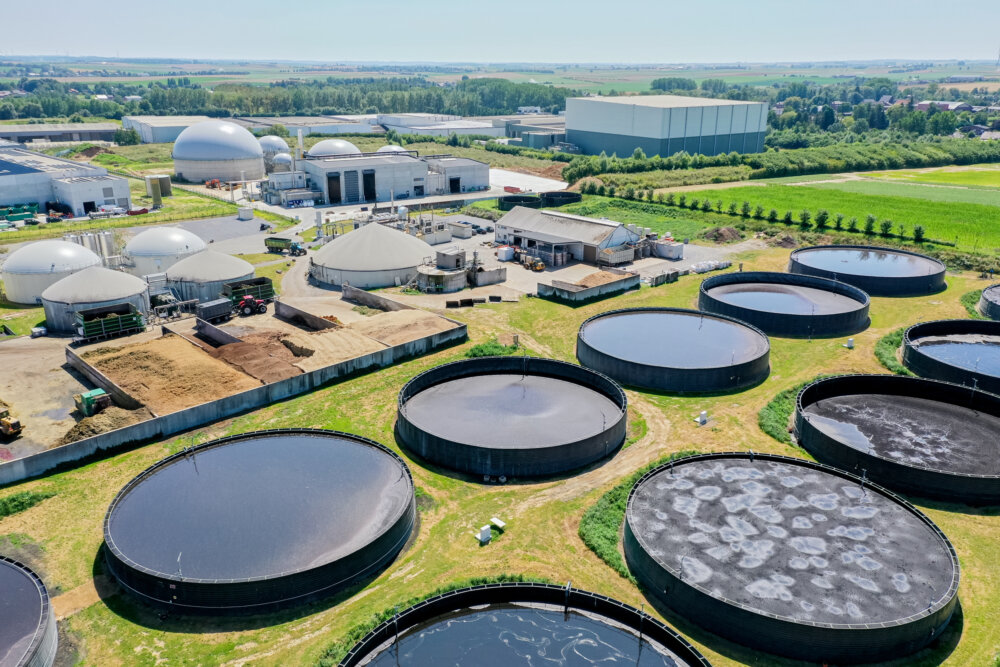Trust our future
Safeguarding the future with responsible agronomy, energy, climate and water management
The future is safeguarded only when we actively plan for it. Taking the big picture into account is essential for our sector, especially since Crop’s begins its operations at the very base of the chain. We are committed to protecting the future in three key areas: Agronomy, Energy & Climate, Water.

Agronomy
Fostering state-of-the-art agronomist expertise is our way of reducing impact directly in the fields. Where possible, we implement precision agriculture techniques, such as drones and satellite data, to gain better insights into crop health and irrigation. This way, we can take action where needed in a targeted way. It is our ambition to move towards more regenerative agriculture, with many potential advantages in the fields: soil health and fertility, carbon sequestration, better water retention, and beyond. This means not only reducing our impact but also enriching the terroirs we work in, making them more resilient and future-proof. An important part of this process is also our investment in protecting and promoting biodiversity alongside the fields and on production sites, which iconstributes to pollination and pest control, at the same time improving the wellbeing of people.

Water
Reducing water use in fields and factories is essential for responsible management of this precious resource. That's why we consistently invest in solutions such as controlled irrigation and circular water use in the factories. Most of our facilities have their own water treatment plans, with the Hesbaye site providing an extraordinary example. This site's waste water first gets purified and is later stored within the surrounding nature reserve, making the water available for farmers during dry periods.


